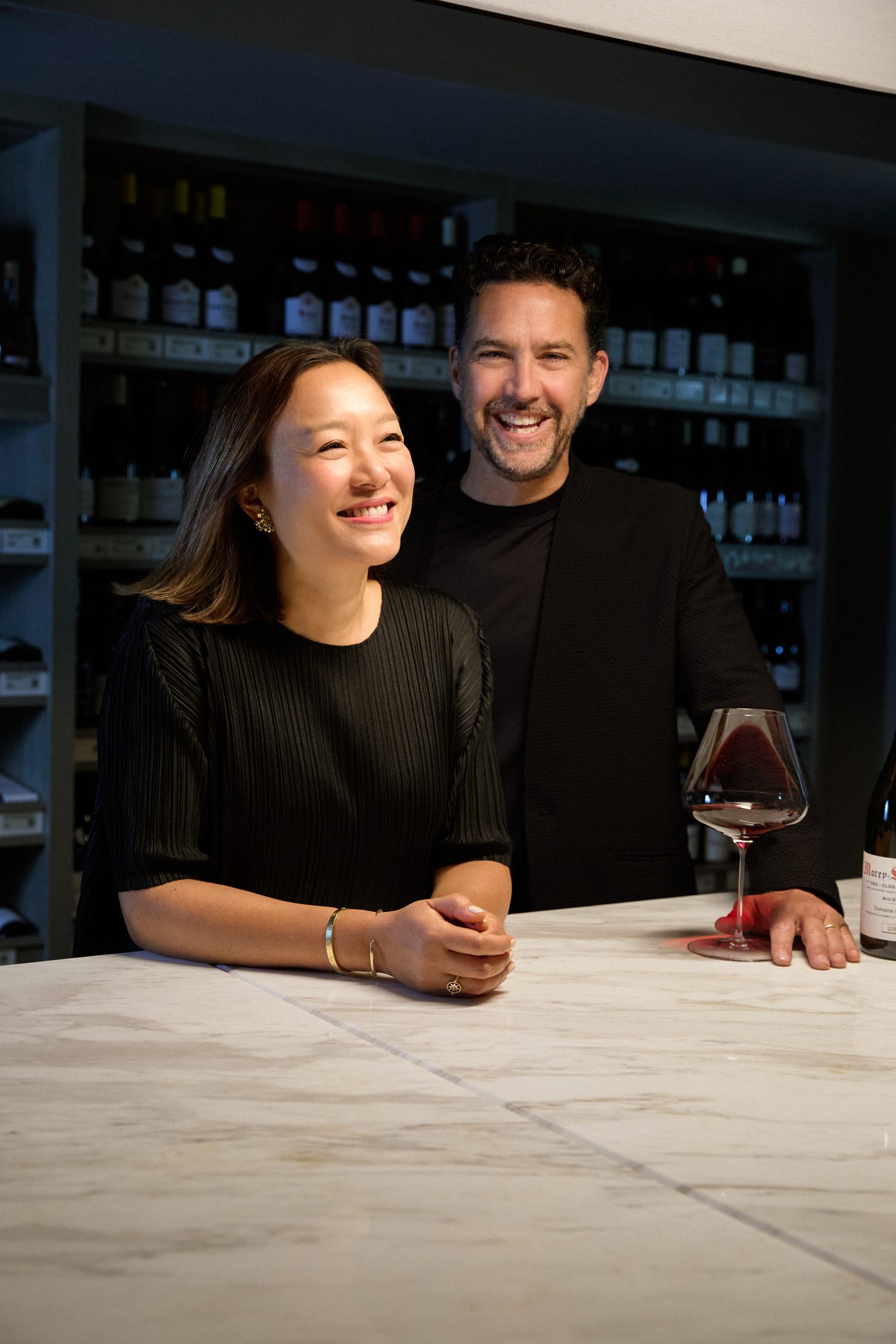Could sekt be sparkling wine’s best-kept secret?
Fast-growing interest in sekt could change the sparkling wine landscape this year, writes Gabriel Stone.

If the fizz scene wasn’t bustling enough, there’s one established category that has yet to make significant inroads beyond its enthusiastic domestic market.
Although Germany is the world’s third-largest sparkling wine producer and has been making sekt since 1826, this style remains “comparatively unknown” abroad, according to Steffen Schindler, marketing director at the German Wine Institute.
That could be about to change, with Schindler reporting “fast-growing interest in hand-riddled, high-quality sparkling wines”.
Over in Austria, a 2015 overhaul of the sekt classification aimed to support an increasingly dynamic category. While the “Sekt Austria” tier offers easy-drinking, tank-fermented fizz capable of giving Prosecco a run for its money, Sekt Reserve is proving an increasingly strong competitor in the traditional method arena.
Partner Content
In keeping with Austria’s wider proposition, sustainability credentials tend to be high and volumes small. The largest producer by far is fizz specialist Schlumberger, but several respected, familiar still wine names such as Bründlmayer, Loimer and Schloss Gobelsburg also make excellent examples.
“Beside Champagne, Austria and Germany are the two regions with the best potential to produce high-end sparkling and they should use it,” remarked Sascha Speicher, editor-in-chief of Meininger’s, as he hosted a recent sekt masterclass.
Highlighting the Weinviertel as a “really interesting” region to follow for this category, Speicher concluded: “Austrian sekt is very complex and we’re not seeing the end of it yet.”
Alcohol-free variants of sekt are also starting to emerge with Rheingau producer Schloss Vaux a relatively new face. It introduced the 2% ABV fizz Nouvaux in 2021 and is keen to step up expansion beyond its core German market. With secondary fermentation in bottle and more than 24 months on the lees, this is a product that very much speaks the language of high-quality fizz – and Christoph Graf, CEO of Schloss Vaux, is clear that he intends to compete on this basis.
“It is not the idea of having something as a substitute to sekt,” he insists. “We like to create something which stands alone, and not as a compromise.”
Related news
Oregon custom crush operation expands into sparkling wine




